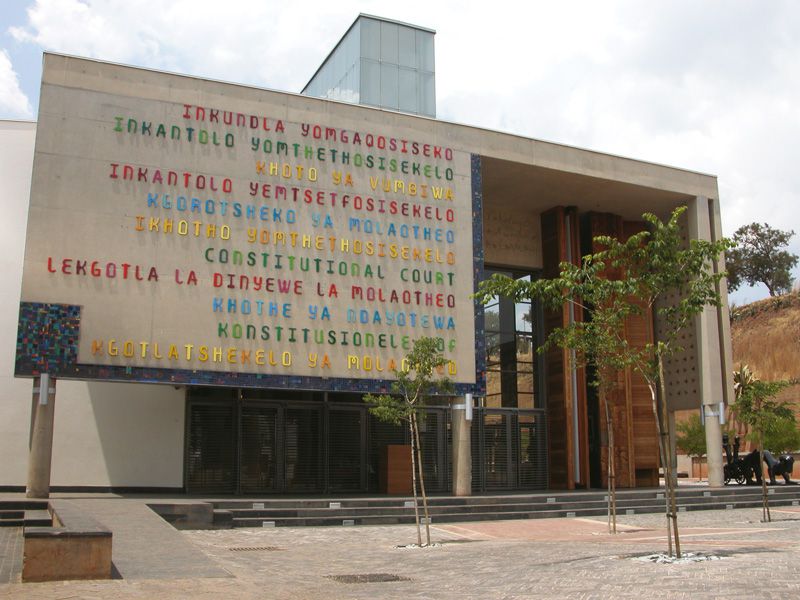On 5 March, OUTA wrote to the Ministry of Cooperative Governance and Traditional Affairs (Cogta), the Speaker of the National Assembly, the Chairperson of the National Council of Provinces, the nine Premiers, the South African Municipal Workers’ Union (Samwu) and the South African Local Government Association (Salga), calling for clarity on safeguards for local governance once the amendments are lost. The letter was also copied to the Presidency.
OUTA’s letter asked whether any of the parties – who were all involved in the Concourt case – intended returning to the Concourt to ask for an extension of the declaration of invalidity. Failing this, OUTA asked what the authorities intended to do “to prevent ensuing confusion and abuse of power and processes” pending the enactment of the 2019 bill.
“We appreciate that to date we received a response from his excellency President Ramaphosa, the Speaker of the National Assembly, the Ministry of CoGTA and the Western Cape Government,” Holenstein says.
OUTA’s letter raised the following concerns should the amendment fall away:
· Amendments dealing with accountability and oversight by MECs and the Minister in certain circumstances fall away, for instance the MEC and Minister lose oversight power over the employment of staff previously dismissed;
· Municipal managers and managers who report directly to them will now be allowed to hold political office, which creates a conflict between party political interests, government and community interests;
· Clarity on employment contracts and performance agreements of the managers are lost;
· Staff may now be hired for positions not approved by the municipal council;
· Some oversight and enforcement of Bargaining Council Agreements is lost;
· National oversight of non-performance and maladministration is lost; and
· Councillors who vote in favour of motions which flout the law will no longer be held personally liable.
Days later, on 8 March, the Ministry filed an application in the Concourt seeking an extension of the suspension of the declaration of invalidity.
This matter now awaits the decision of the Concourt.
OUTA will continue to monitor the progress of this matter as it is concerned about the deadline being missed by the various stakeholders mentioned above.
In its letter, OUTA indicated that it intends to fully engage during the public participation phase of the 2019 Amendment Bill and eagerly awaits its publication for comment.
“We want to ensure a stronger regulatory environment that protects residents against corruption in their municipalities. It is critical to see the rates and taxes working for the people and that municipalities are equipped with the needed legislative framework to perform optimally,” says Julius Kleynhans, Operations Executive at OUTA’s local division.
OUTA’s letter to the Minister and others is here.
The 2017 Constitutional Court judgment is here.

